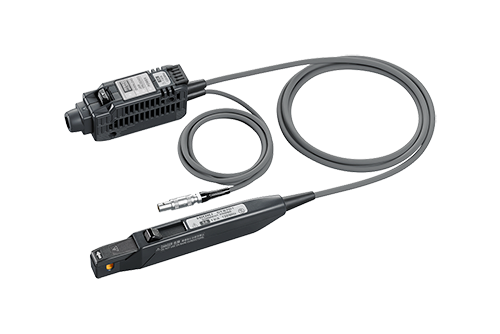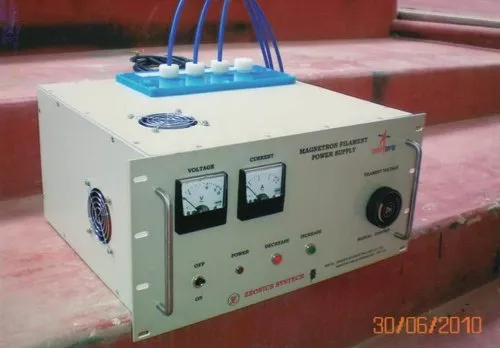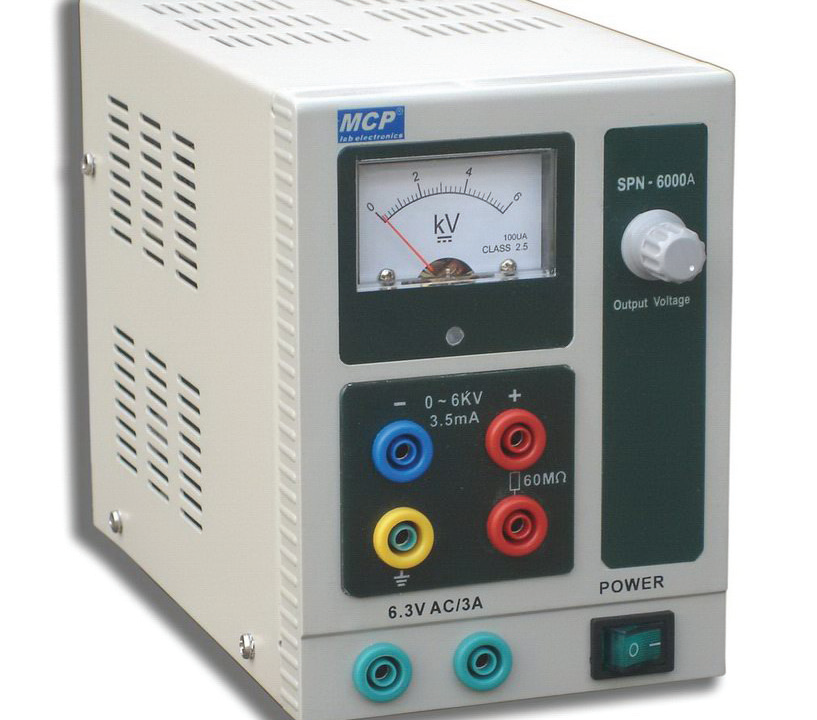
How to Use a High Voltage Probe
June 4, 2024
Connecting a High Voltage Probe to an Oscilloscope: A Step-by-Step Guide
June 14, 2024Voltage probes are essential tools in electrical and electronic testing, playing a critical role in accurately measuring voltage levels within a circuit. Understanding the resistance characteristics of voltage probes is crucial for ensuring precise measurements and avoiding potential errors. This article explores whether voltage probes exhibit high resistance and why this is an important consideration for their functionality.
The Role of Voltage Probes
Voltage probes are used in conjunction with devices like oscilloscopes and voltmeters to measure the voltage difference between two points in a circuit. Their primary function is to provide an accurate representation of the voltage without significantly altering the circuit’s behavior. This accuracy is heavily influenced by the probe’s resistance.
Importance of High Resistance in Voltage Probes
High resistance in voltage probes is generally considered a desirable attribute. Here’s why:
Minimizing Circuit Load: When a probe is connected to a circuit, it can potentially draw current from the circuit being measured. If the probe has low resistance, it will draw more current, which can disturb the circuit’s operation. High-resistance probes draw minimal current, ensuring that the circuit remains largely unaffected by the measurement process.
Accuracy of Measurements: High resistance helps in maintaining the integrity of the voltage measurement. Low-resistance probes can create a significant voltage drop across the probe itself, leading to inaccurate readings. High-resistance probes, on the other hand, ensure that the voltage drop is negligible, resulting in more accurate measurements.
Signal Integrity: In high-frequency applications, low-resistance probes can introduce loading effects that distort the signal being measured. High-resistance probes help preserve the signal’s integrity by reducing these loading effects.
Design of High-Resistance Voltage Probes
Voltage probes are designed with resistance in mind to achieve the necessary balance between functionality and accuracy. Here are a few design considerations:
- Resistive Elements: High-resistance voltage probes often incorporate precision resistors with high resistance values. These resistors are carefully selected to minimize the current drawn from the circuit.
- Compensation Networks: To maintain accuracy across a range of frequencies, probes may include compensation networks that adjust the probe’s impedance. This ensures that the probe exhibits high resistance not just at DC but also at higher frequencies.
- Insulation and Materials: The materials used in the probe’s construction, including insulation and conductive elements, are chosen to maintain high resistance and ensure durability and reliability.
Practical Applications and Limitations
In practical applications, the choice of probe depends on the specific requirements of the measurement task. While high-resistance probes are ideal for most voltage measurements, there are scenarios where lower resistance might be necessary, such as in low-impedance circuits where high-resistance probes could introduce measurement errors due to impedance mismatches.
Moreover, high-resistance probes can be more susceptible to noise, especially in environments with significant electromagnetic interference (EMI). Engineers must balance the need for high resistance with the need for clean, noise-free measurements.
Related posts
High Voltage Power Supply. High Voltage Probe. High Voltage Relay.




